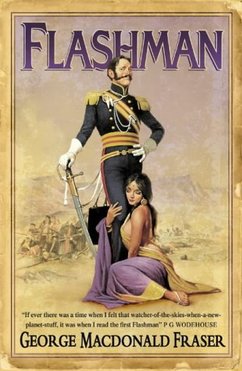I thought this was generally accepted. The Americans were a lot more determined to take the fight to Europe than we were. Its certainly how I remember learning it during my MA, although that was a few years ago and the memory is slipping now...
Yes, it was a delicate time for Western Allied Strategic planning (early 1943).
Firstly Roosevelt had to fight off the 'Pacific first' side of his military - by going through with Operation Torch he had pushed the US into focusing on Germany. But Torch had been somewhat delayed - the Germans and Italians had been tenacious in defence and had been able to hold onto Tunisia when the winter rains came, thus lengthening the fall of Axis Africa by a few months. So by the time of the final surrender came, a summer invasion of France was incredibly close.
Yes, people like the US chief-of-staff Marshall wanted a '43 invasion of France (If you look at the plan, it looks like a very much underpowered Overlord) But others, mainly the British were not keen. Why?
Well in the first half of 1943 the battle of the North Atlantic was still going strong. the UK's main logistic line was still threatened. Starting a major French offensive while the U-boats were still effective was very risky. The U-boats needed to be neutered.
Secondly, air superiority needed to be won so that interdiction (blowing up train lines, roads, and other military targets to support any land invasion) of Nazi Europe could be carried out. As of early 1943 there had not been a 'solution' to this.
And I think, rightly, that the British thought that the original US '43 plan was too weak and the Germans still quite potent (the build up at Kursk demonstrates this), there was a good chance that the Germans could have driven the invaders back into the sea.
-
So instead they suggested for 1943, Italy. Why?
It would divert
some German units from the Eastern Front, nominally helping the Soviets. It could take Italy out of the war. (Although it was unclear at the start exactly when or how this would happen.) The forces for the invasion were more-or-less already in the theatre, sitting in Tunisia - the operation was doable and sort-of 'opened a second front'. And clearing Italy out of the Mediterranean would essentially fully protect supply convoys using Suez - logistics was important!
-
Even so, when the US and Britain tried to think strategically as Panzer Armee Africa was being fought, it wasn't clear exactly what to do next. I get the impression that the US chiefs wanted to be aggressive and risky, and were willing to spill a lot of blood to achieve this, whereas the British were cautious and wanted to minimise casualties, and ensure that the big push onto the continent would definitely succeed. The British experience of WW1, and the massive casualties endured, was clearly in the minds of British military planners
In the event, Italy did drop out relatively quickly, after Sicily was conquered. The U-boats were effectively controlled by mid-43, but it took the introduction of the P51 Mustang with Rolls-Royce engine* and a concentrated effect to blunt the Luftwaffe in early 44. That meant that by early summer of 1944, Britain was bursting at the seams with men and military equipment & air superiority that would give the Allies a much bigger advantage against a somewhat weaker German army (Kursk failing and the resultant Soviet offensives afterwards really removing any German offensive capability.)
One could argue that the allies were somewhat lucky in how the various elements of all of the above came together, but the risk of going all-in for a '43 invasion of France and failing, which could have lengthened the war by a year or more.
======================
* I simplify - there were other elements that were just as important. Allied pilots had way more time in the air compared with German ones, partly because of Axis oil shortages.





